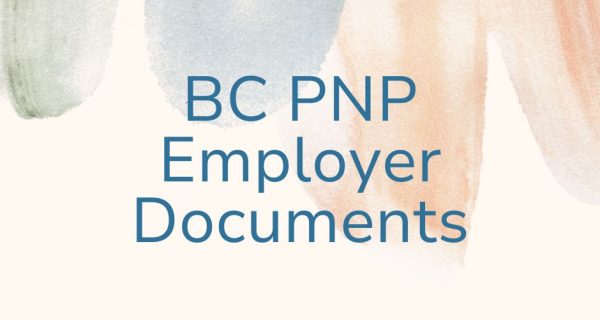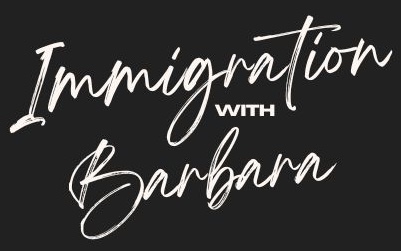What is a Common-Law Partner?
Family law varies across Canada’s provinces and territories. Therefore, the definition of a common-law partner differs. However, for immigration purposes, we need to focus on how Immigration, Refugees and Citizenship Canada (IRCC) defines a common-law partner.
IRCC defines a common-law partner as someone who has lived with another person in a conjugal relationship for at least 12 consecutive months. The relationship exists on the day you can prove both cohabitation and the genuineness of the relationship.
Think of a common-law relationship as a “marriage-like” partnership where you have set up your household together as a couple. While each relationship is unique, there should be common themes such as shared financial and domestic responsibilities.
Can I Sponsor my Common-Law Partner for Permanent Residence in Canada?
Yes! If you are a permanent resident or Canadian citizen and meet the program criteria, you can sponsor your partner to become a permanent resident in Canada.
How do I Sponsor my Common-Law Partner?
The application is submitted online. Several forms and supporting documents are required. The forms are completed electronically, and the documents are all scanned and uploaded.
The foundation of the application is proving your relationship. Personal information and documentation are mandatory from both the Canadian sponsor and the foreign national being sponsored.
How Do I Prove my Common-Law Relationship?
There are many documents you can provide to prove the genuineness of your relationship and cohabitation. Some examples include:
- Shared ownership of residential property
- Joint leases or rental agreements
- Bills for shared utility accounts, such as:
- Gas
- Electricity
- Telephone
- Important documents showing the same address for both partners, such as:
- Driver’s licenses
- Insurance policies
- Tax documents e.g. T4
- Identification documents such as a provincial ID card
- Medical Documents or Letters
- Letters from friends and family detailing your relationship
- Joint bank accounts, investments, assets, or credit cards
- Photographs (up to 20 are allowed), including a brief description of who is in the photograph, date, location, and what you are doing
- TIP: choose photographs that show a variety of places, people, and dates spanning the entire duration of your relationship. Submitting 20 selfies is not as strong as submitting photos of social engagements, family vacations, special date nights, etc.
While the above list is not exhaustive, it’s a great starting point.
Every relationship is unique. The documents each couple provides will be unique too. Don’t stress if there are one or two specific documents you don’t have; focus on what you do have and brainstorm other creative ways to prove your relationship.
The big picture is what matters. Take a step back and look at the story your documents are telling once they are all together.
How Much Does it Cost?
The government processing fees are paid directly to IRCC at time of submission. They are:
- Sponsorship fee: $85
- Principal applicant processing fee: $545
- Right of permanent residence fee: $575
The applicant may also need to pay an $85 biometrics fee if they are not exempt.
Government fees are subject to change and may increase. You can check out the latest fees here.
Additional costs that may arise as you prepare the application and while it processes are:
- Immigration medical examination: approximately $300-$350 dependent on the physician
- Police Clearances for the applicant: some are free, others have a small fee, depending on the country
- Translation of documents if they are not in English or French: fees are set by the translator
- Notarization of documents, if needed: fees vary but can be $50-$100+ per notarization
If you choose to retain the services of a professional immigration consultant or lawyer, their fees to build, advise, and prepare the application would be additional.
How Long Does it Take to Sponsor My Common-Law Partner?
Government processing times are set by IRCC. They are published publicly here.
Processing times are currently listed as 11 months. Complex cases may take longer. It’s important to note that processing times are an estimate and not a guarantee.


Other Frequently Asked Questions (FAQs)
Living apart for a short period, after the initial 12 consecutive months, does not automatically disqualify you. But you need to provide a reasonable explanation and additional evidence of the ongoing nature of your relationship.
No, you must meet the 12-month cohabitation requirement to qualify as common-law partners for immigration purposes.
You can still sponsor your common-law partner, and their dependent children can be included in the application as accompanying family members. They must meet the IRCC definition of dependent children.
No. You can still sponsor your common-law partner, and their dependent children can be included in the application as accompanying family members. They must meet the IRCC definition of dependent children.
Yes. Being legally married is an accepted relationship for sponsoring your spouse. While proving cohabitation is no longer a necessity, proving the genuine relationship remains the foundation of the application.
Want to find out if your relationship qualifies?
Book a 60 minute spousal sponsorship consultation and let’s find out together!










Comments